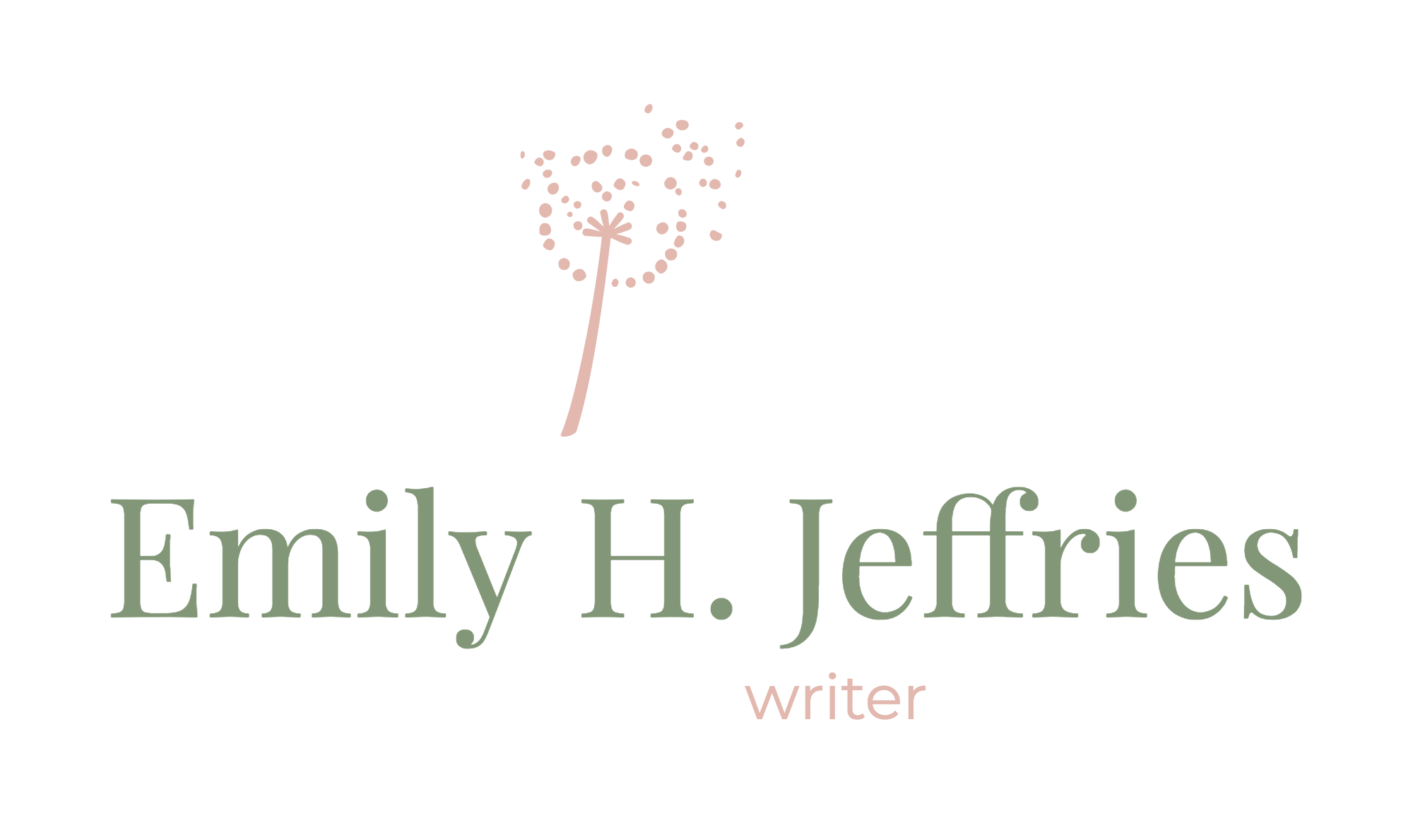Is Nostalgia a Danger to Writers?
Among writers, I have observed three schools of thought regarding popular literature of the past.
- The unintellectual snob feels that old stories are confusing, boring, and irrelevant, and therefore laughable or unbearable. There is no value in the study of old stories, except in knowing vaguely what someone means when they use the term "dickensian".
- The intellectual snob is sympathetic to her counterpart, but feels that there are indeed some old stories which hold value today. These are the stories which carry a "modern voice", and are in some way crass, shocking, existential, nihilistic, or otherwise "edgy". These alone stand the test of time, and all other old stories are offensive, delusional, or simplistic, and must be actively detested.
- The nostalgic pessimist stands apart from the others, for she puts no stock in the "modern voice" and values classic stories over all others. Those stories which elevate ethical conduct, wholesome imagination, and purity of heart merit both preservation and study. The contemporary world, according to this view, is ignoring its classics, much to its own demise. In short, culture is crumbling at her feet, and the nostalgic pessimist clicks her tongue and pines for a time when the culture stood on pillars of goodness, truth, beauty, justice, and all the rest.
Photo creds: Foter.com
The first two approaches, I think, promote the most harmful literature imaginable, especially for young readers. The third approach, although much closer to the reality of things, rarely yields a masterpiece.
I propose a fourth approach, The nostalgic optimist.
The nostalgic optimist agrees with the intellectual snob and the nostalgic pessimist that the stories told by our forefathers have more worth than our culture suggests. Yet, she recognizes that the term "modern voice" is superficial, referring only to the rhetoric of those with little self-control, which really means how children and adults-who-never-grew-up speak, which really just means bad English with lots of cursing.
So, the nostalgic optimist agrees with the nostalgic pessimist that the true measure of a classic story plunges deeper into the heart of human-hood, which has much to do with the struggle to conduct oneself ethically, the struggle to utilize the imagination in a wholesome way, and the struggle to purify one's heart. It's the struggle that the pessimist can forget, which is why she is so shocked by a devolving culture. The truth is, all civilizations are quaking under the strain of corruption; there is no culture that can escape fallen human nature. The beauty is in the struggle, and the struggle is always current.
Peter's Denial, Carl Heinrich Bloch, Photo creds: Fine art America
Assuming, dear writer, that I have converted you to nostalgic optimism, here are your first assignments, as a student of both the classics and in the contemporary:
- Seek out the beautiful stories of today, and listen for the overtones of classic works gone by.
- Learn to create your own beautiful stories by working within the framework of time-tested philosophies (there is no adventure to be found in confusion without solution, as Kant would have you believe).
- Listen to the voices of the present, and challenge them to greater heights. With love, rather than contempt.
I long to know every classic work of literature from Homer to Austen. I'd love to internalize every page and recite every poem. But, while I teach myself the ways of the greats, I want also to feel the thrill of creating, not recreating. I want to seek new approaches to human struggles, like sin, friendship, desire, self-control, romance, and courage. The fundamental experiences themselves do not change, nor do their solutions, but time and trend place these struggles in vastly different contexts, and there remains a need to apply old truths to new circumstances.
Is nostalgia a danger to writers? Not to the optimist. For her, nostalgia does not paralyze; it fills her with hope. It reminds her that the old triumphs work just as well in a new age, and there's a great story to be told by finding out how.


